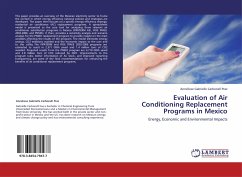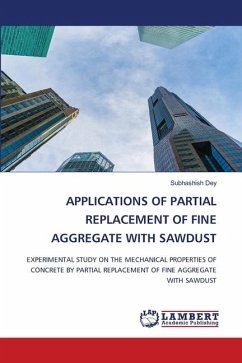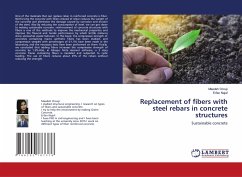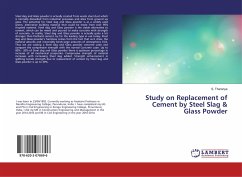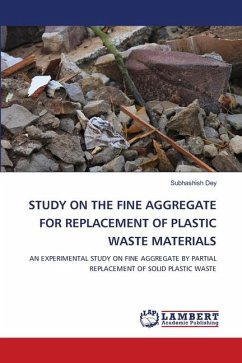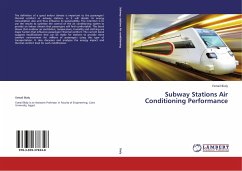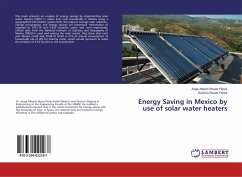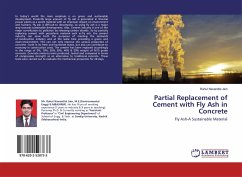This paper provides an overview of the Mexican electricity sector to frame the context in which energy efficiency national policies and strategies are developed. The paper then focuses on a specific energy efficiency strategy: residential air conditioner (AC) replacement programs. A spreadsheet model is presented as the core tool for analyzing three relevant air conditioner substitution programs in Mexico (FIPATERM ASI, FIDE PFAEE 2002-2006, and PNSEE). It then, provides a sensitivity analysis and scenario analysis for the PNSEE replacement program to provide insight on the main variables affecting the results of the program. The model estimates energy savings, CO2 emissions avoided and the economic impact to the user and to the utility. The FIPATERM and FIDE PFAEE 2002-2006 programs are estimated to result in 2,371 GWh saved and 1.4 million tons of CO2 avoided. Projected results from the PNSEE program are 4,710 GWh saved and 2.8 million tons of CO2 reduced by 2021. Improvements to the program rules, better information of AC stock, and improved reporting transparency, are some of the final recommendations for enhancing the benefits of air conditioner replacement programs.
Bitte wählen Sie Ihr Anliegen aus.
Rechnungen
Retourenschein anfordern
Bestellstatus
Storno

